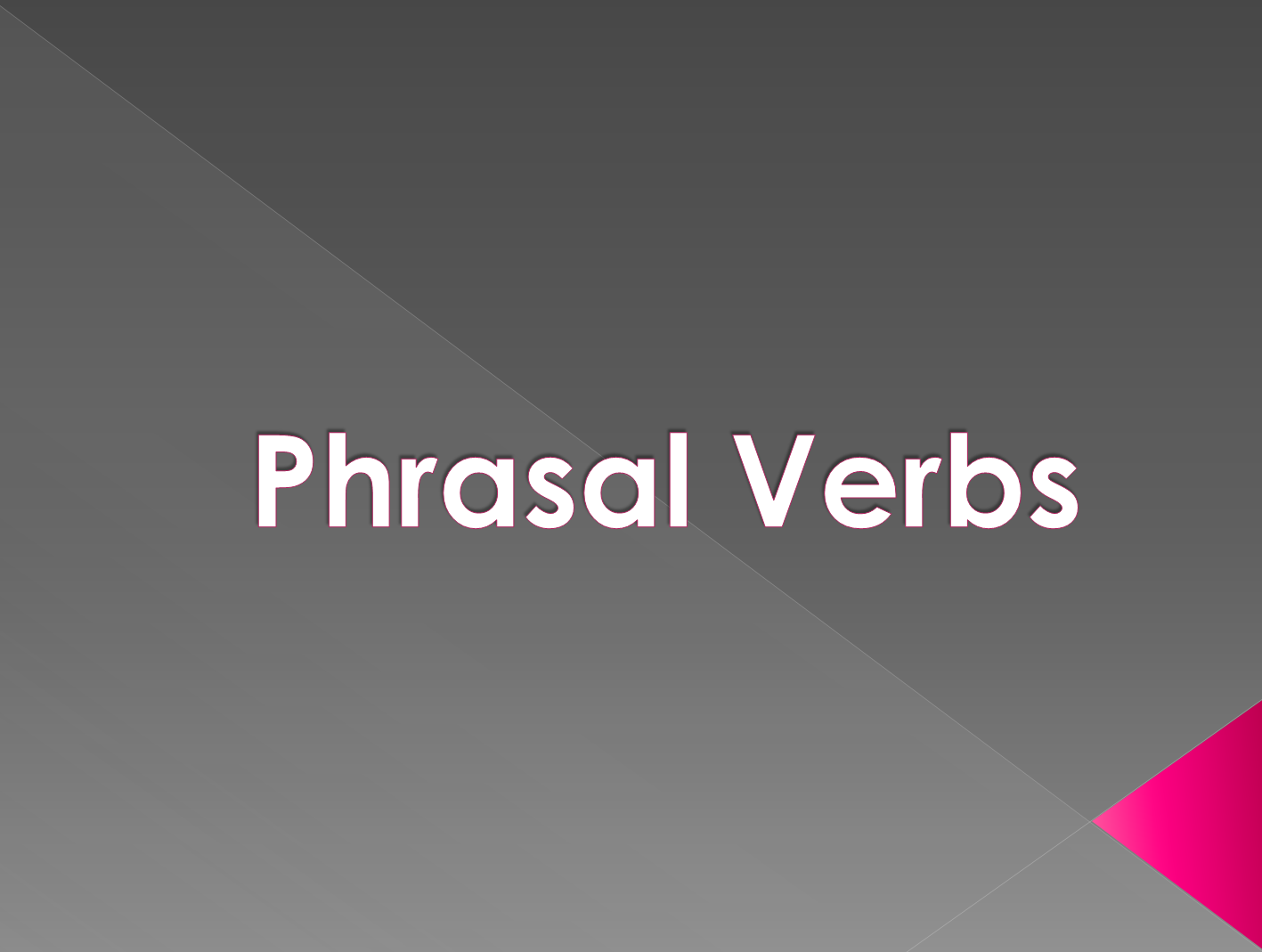
When describing someone’s intelligence or cleverness, the word “smart” may be your go-to choice. However, adding variety to your vocabulary can make your descriptions more engaging and vivid.
Here are some alternative ways to express the idea of being smart or intelligent:
1. Witty:
This term refers to someone who is quick with clever and humorous remarks, showcasing their intelligence through their wit.
2. Bright:
Describing someone as “bright” suggests that they possess a high level of intelligence and quick thinking.
3. Quick-witted:
This phrase emphasizes someone’s ability to think and respond rapidly, demonstrating intelligence and sharpness of mind.
4. Knowledgeable:
When you describe someone as “knowledgeable,” you highlight their extensive knowledge and expertise in various subjects.
5. Intelligent:
Using this term directly signifies someone’s intellectual capabilities and ability to understand complex concepts.
6. Clever:
Describing someone as “clever” indicates their ability to think creatively and find innovative solutions to problems.
7. Ingenious:
This word suggests that someone is exceptionally inventive and resourceful, often coming up with brilliant and original ideas.
8. Sharp:
By using “sharp,” you imply that someone has keen mental acuity and is quick to understand and grasp concepts.
9. Brainy:
This term focuses on someone’s intellectual capacity and intelligence, highlighting their ability to process information effectively.
10. Brilliant:
When you refer to someone as “brilliant,” you indicate that they possess exceptional intellectual capabilities and are highly intelligent.
11. Gifted:
Describing someone as “gifted” suggests that they have a natural talent or ability in a particular area, often associated with intelligence.
12. Wise:
This word denotes not only intelligence but also wisdom and deep understanding gained through experience and knowledge.
13. Apt:
When you describe someone as “apt,” you imply that they have a natural talent or inclination for learning and understanding.
14. Erudite:
This term highlights someone’s extensive knowledge and erudition in various subjects, emphasizing their intellectual depth.
15. Genius:
Describing someone as a “genius” signifies their exceptional intellectual abilities and outstanding achievements.
16. Whip-smart:
This phrase suggests that someone possesses exceptional intelligence and quick thinking, often outpacing others in intellectual pursuits.
By incorporating these alternative words and phrases into your vocabulary, you can expand your language skills and add depth to your descriptions of intelligence. Consider the context and relationship with the person you are describing to choose the most appropriate term. Celebrate and acknowledge the diverse ways in which people demonstrate their intelligence and brilliance.
You may also like:- Idioms and Other Expressions Used For Talking About ‘Work’
- What Are Weasel Words?
- Money and Finance – Test Your Knowledge
- Phrasal Verbs, Idioms and Other Expressions Using ‘CUT’
- How to Say Time in English
- Idioms and Other Expressions Used For Talking About Money
- Shopping and Consumerism – Match the Correct Name
- Phrasal Verbs – Choose the Correct Verb
- Currency Markets – Choose The Best Words
- Personal Qualities – Use the Best Nouns and Adjectives








